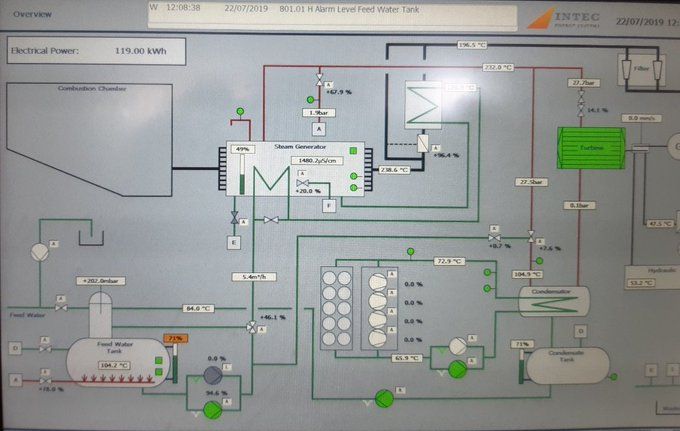Maldives produces electricity from waste in historic first
A regional centre generated electricity from burning waste.

23 Jul 2019, 09:00
Hassan Mohamed
A regional waste management centre on Monday generated electricity from waste for the first time in the Maldives.
The system installed by the environment ministry on Vandhoo island in Raa atoll produces electricity using heat, explained Ahmed Murthaza, director general of the waste management and pollution department at the ministry.
“The waste is burned to produce steam from heat. Then the steam is transferred to a turbine which produces electricity,” he told the Maldives Independent.
The industrial island of Vandhoo uses up to 250 kilowatts of electricity per day. The waste energy plant can produce up to 500 kilowatts daily, according to Murthaza.
Become a member
Get full access to our archive and personalise your experience.
Already a member?
Discussion
No comments yet. Be the first to share your thoughts!
No comments yet. Be the first to join the conversation!
Join the Conversation
Sign in to share your thoughts under an alias and take part in the discussion. Independent journalism thrives on open, respectful debate — your voice matters.




